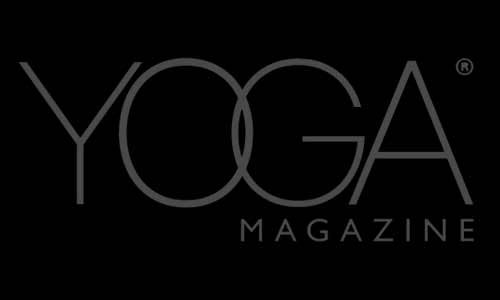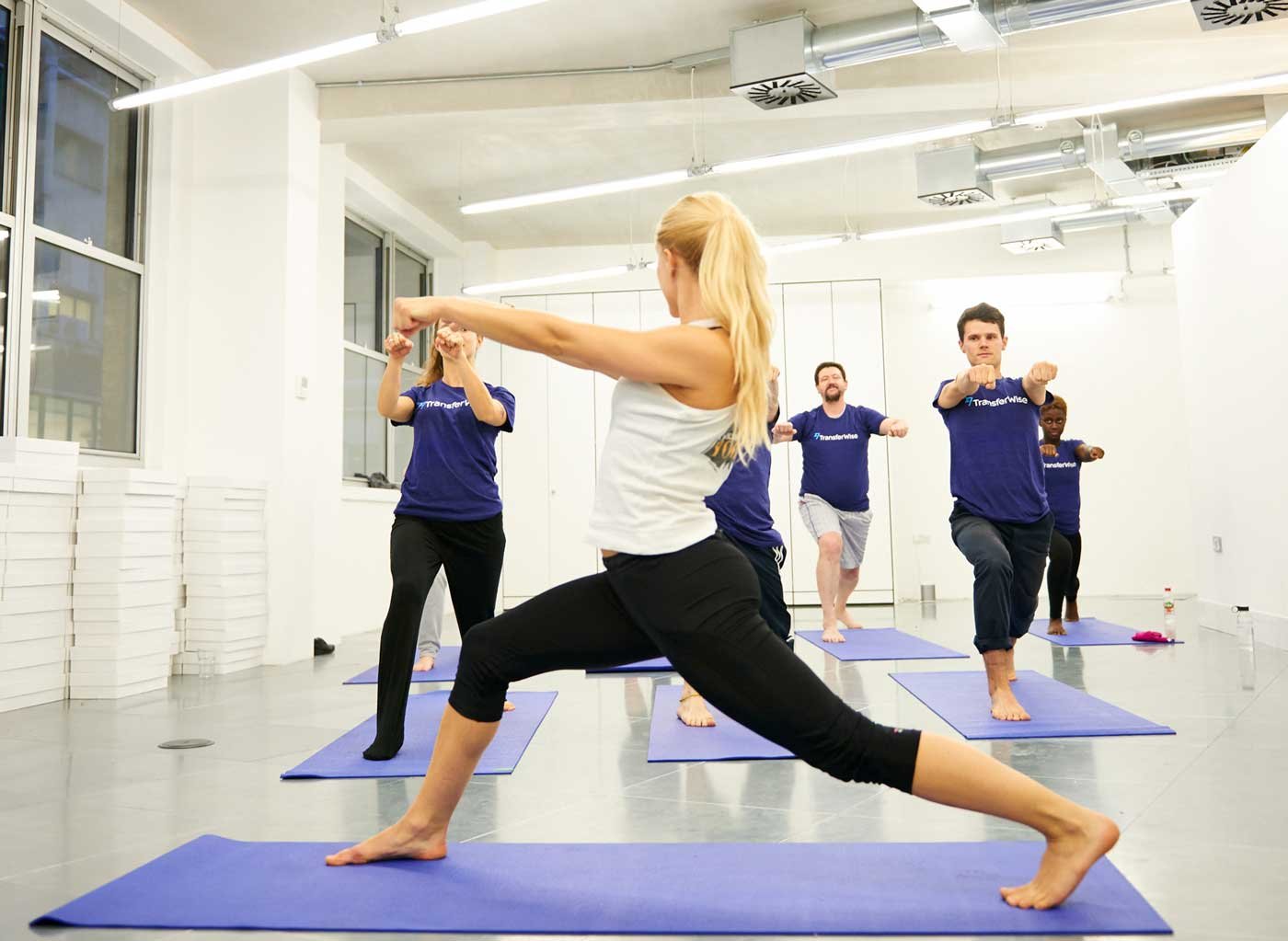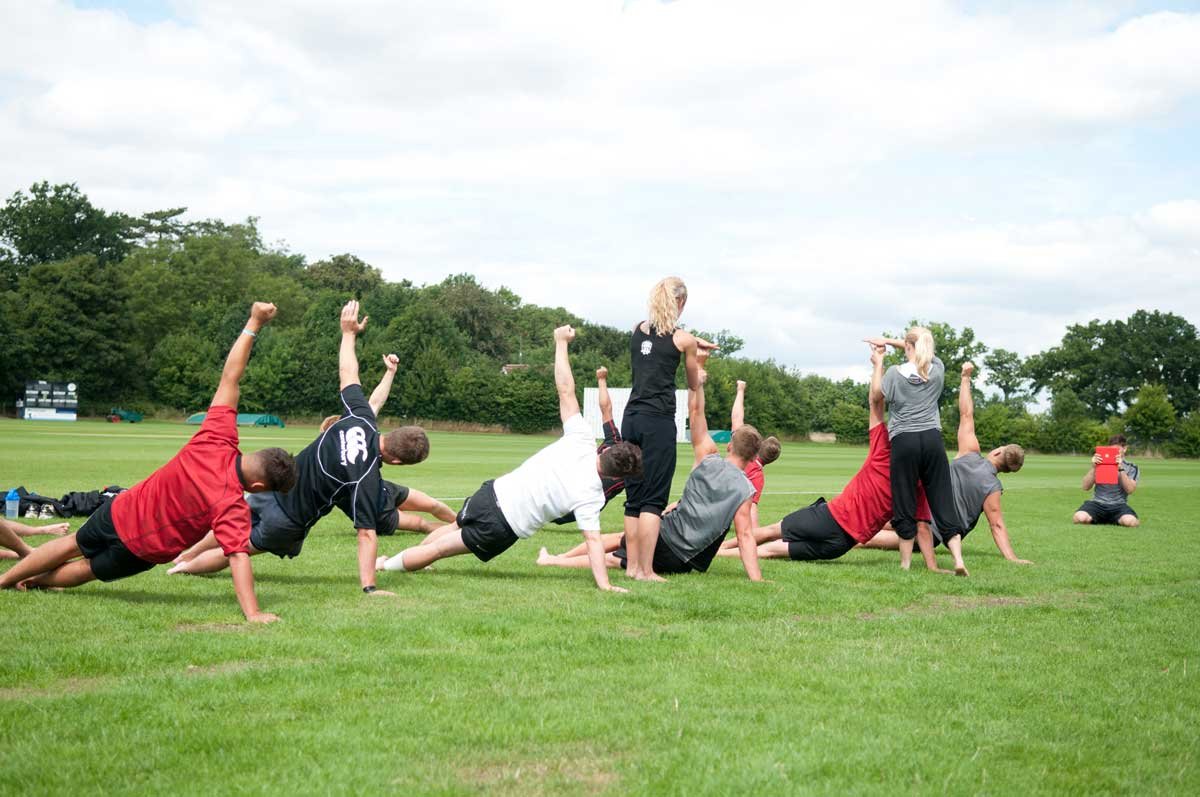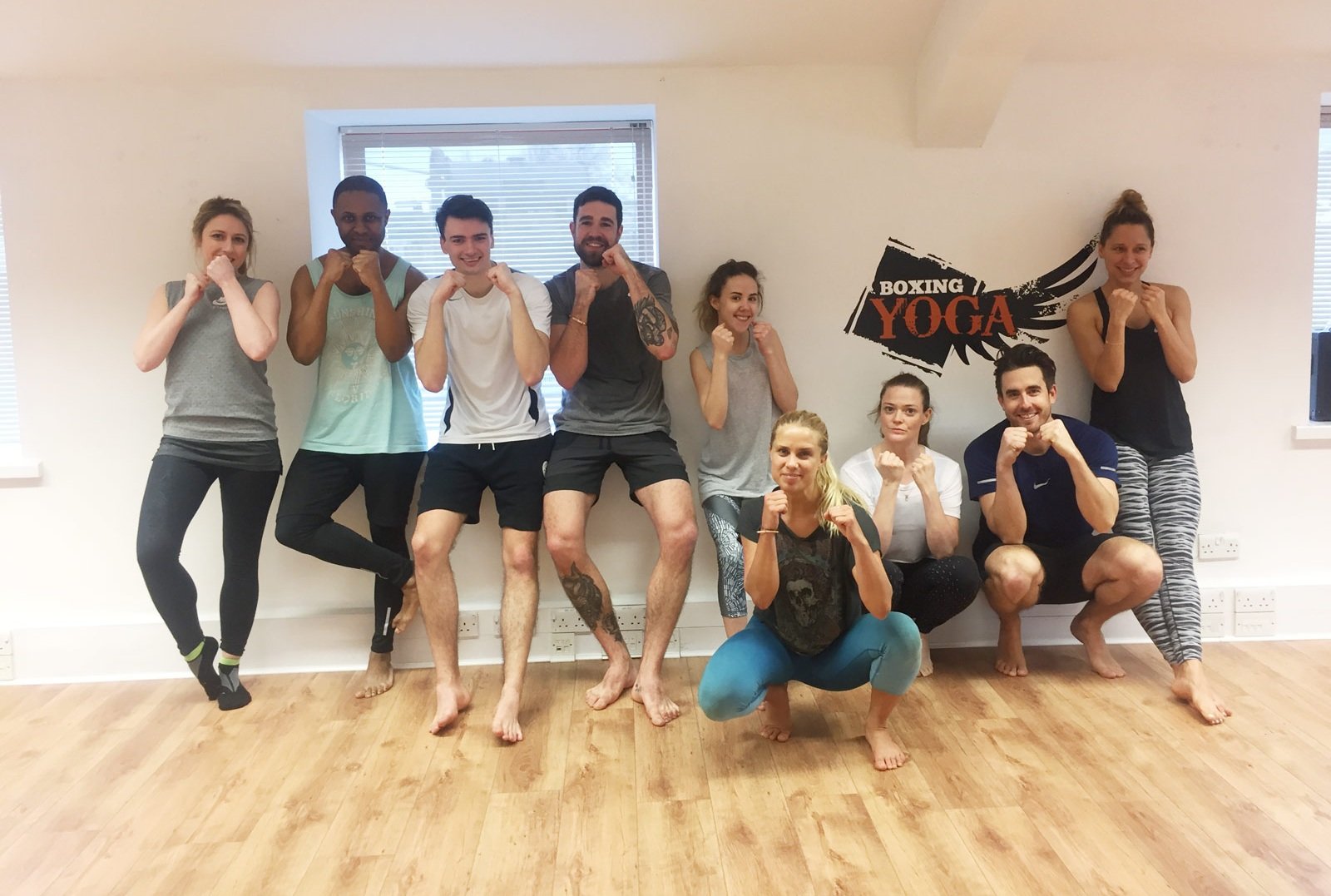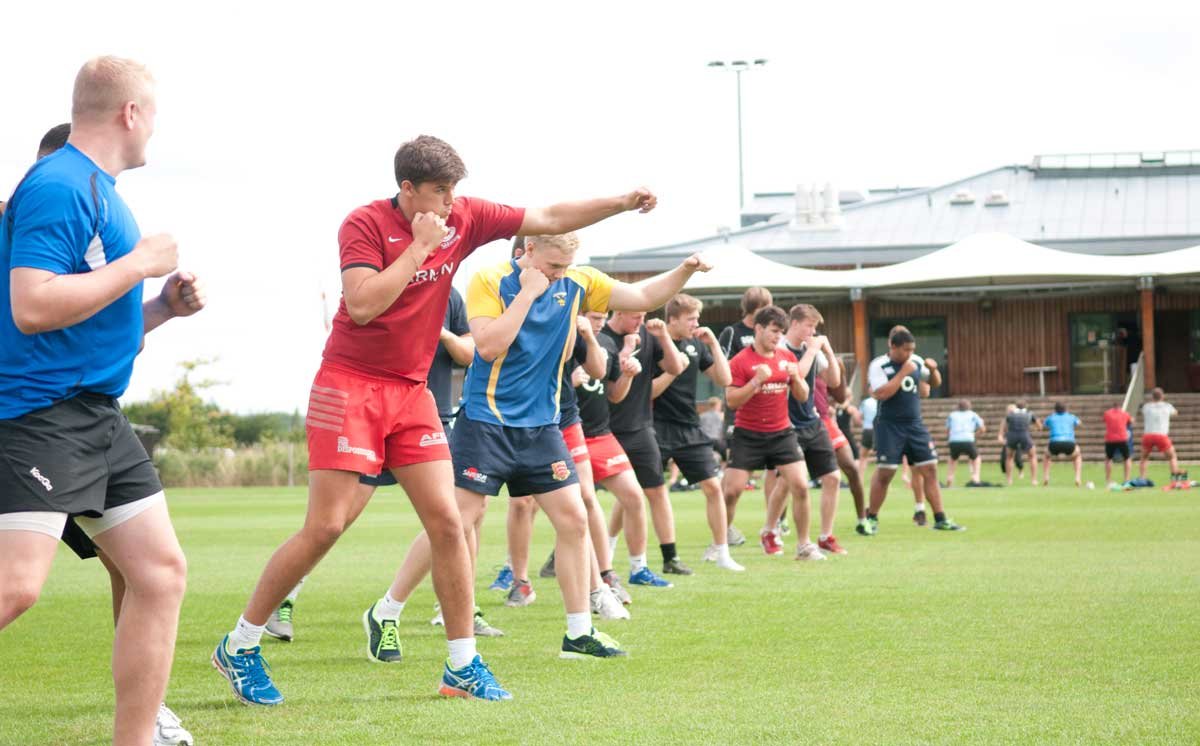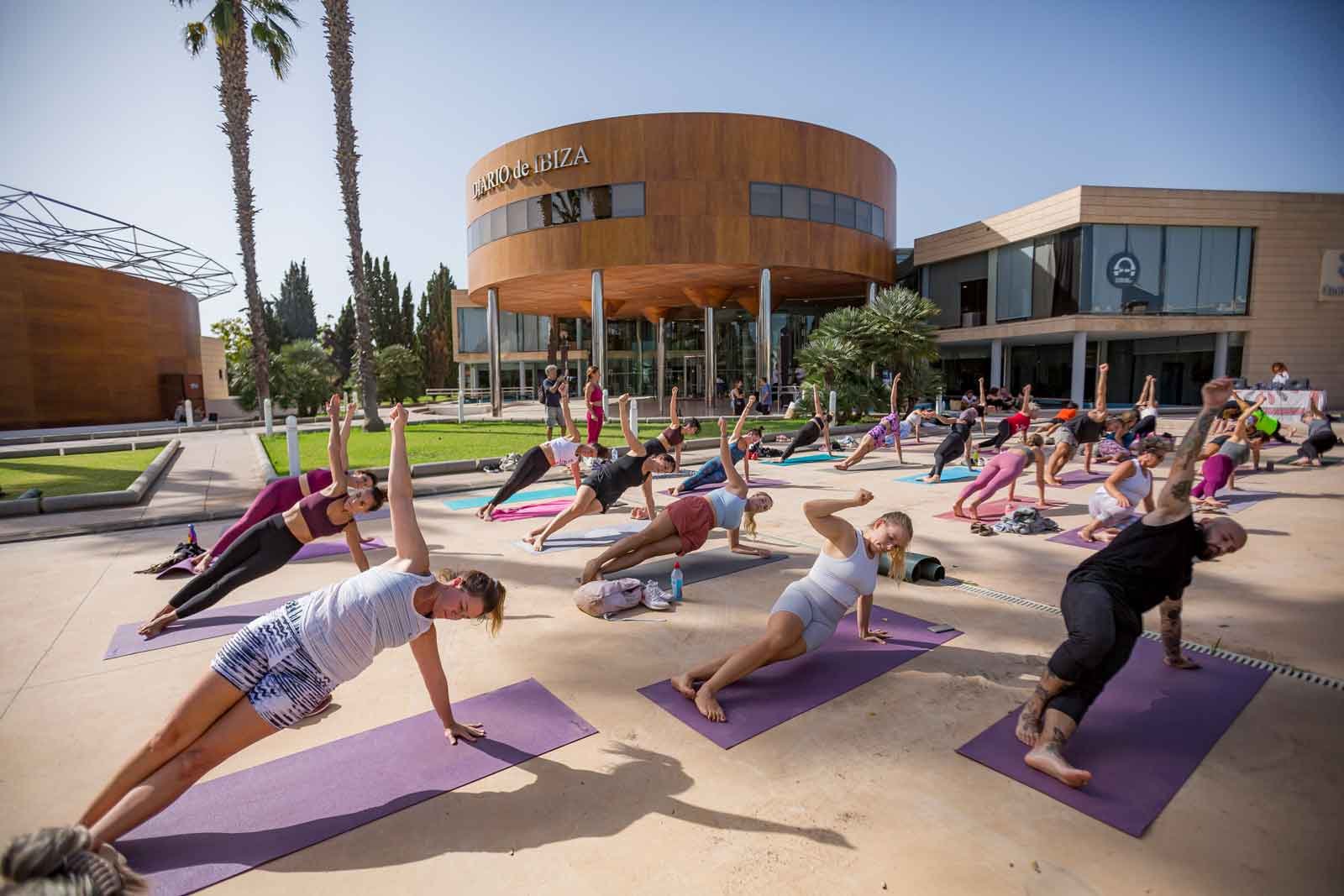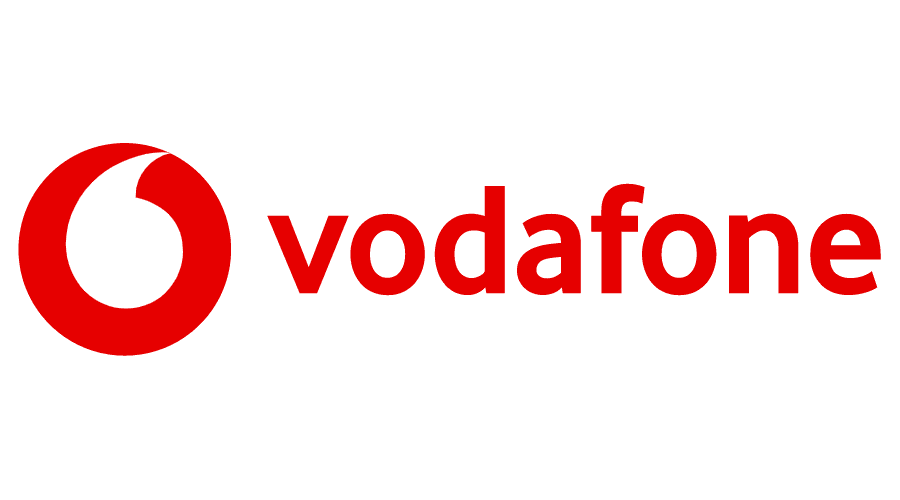
Remote Work and Employee Well-being
Navigating the New Normal
Remote Work and Employee Well-being
The emergence of remote work as a prevalent employment model has reshaped the way organisations operate and employees work. While remote work offers flexibility and autonomy, it also presents unique challenges and considerations for employee well-being.
As HR managers, it's crucial to understand the impact of remote work on employee well-being and implement best practices to support and enhance the wellness of remote employees.
In this article, we'll explore the multifaceted impact of remote work on employee well-being, discuss key challenges and considerations, and provide actionable best practices for HR managers to promote well-being in a remote work environment.
Understanding the Impact of Remote Work on Employee Well-being
Remote work has transformed the traditional workplace landscape, blurring the boundaries between work and personal life and introducing new dynamics and stressors that can impact employee well-being. While remote work offers benefits such as flexibility, reduced commute time, and increased autonomy, it also presents challenges such as social isolation, blurred boundaries, and technology-related stress. Understanding these impacts is essential for HR managers to develop effective strategies for supporting remote employees' well-being.
Key Challenges and Considerations
Social Isolation: Remote work can lead to feelings of isolation and loneliness, particularly for employees who thrive on social interaction and collaboration. Lack of face-to-face interaction with colleagues can impact morale, motivation, and mental well-being.
Work-Life Balance: Remote work blurs the boundaries between work and personal life, making it challenging for employees to disconnect and maintain a healthy work-life balance. Without clear boundaries, employees may experience burnout, stress, and fatigue.
Technological Challenges: Remote work relies heavily on technology, and technical issues such as poor internet connectivity, software glitches, and hardware malfunctions can cause frustration and impede productivity. Technology-related stress can impact employee well-being and job satisfaction.
Communication and Collaboration: Effective communication and collaboration are essential for remote teams to succeed. However, remote work can pose challenges for communication and collaboration, leading to miscommunication, misunderstandings, and feelings of disconnection among team members.
Mental Health and Well-being: Remote work can exacerbate mental health issues such as anxiety, depression, and stress, particularly in the absence of social support networks and resources. Remote employees may feel isolated, overwhelmed, and disconnected from their colleagues and the organization.
Best Practices for HR Managers
Prioritise Communication and Connection
Foster open communication channels and encourage regular check-ins between remote employees and their managers and colleagues.
Leverage technology such as video conferencing, instant messaging, and collaboration tools to facilitate real-time communication and virtual team meetings.
Organise virtual team-building activities, social events, and wellness sessions to promote connection and camaraderie among remote employees.
Set Clear Expectations and Boundaries
Establish clear expectations around work hours, availability, and communication protocols to help remote employees maintain a healthy work-life balance.
Encourage employees to establish boundaries between work and personal life, such as creating dedicated workspace and setting designated work hours.
Provide Resources and Support
Offer resources and support services to help remote employees manage stress, maintain mental well-being, and navigate the challenges of remote work.
Provide access to employee assistance programs (EAPs), mental health resources, wellness workshops, and stress management tools to support remote employees' well-being.
Promote Flexibility and Autonomy
Empower remote employees to manage their schedules and workload autonomously, allowing flexibility to accommodate personal commitments and preferences.
Encourage managers to focus on outcomes rather than micromanaging remote employees, fostering trust, autonomy, and accountability.
Invest in Training and Development
Provide training and development opportunities for remote employees to enhance their skills, knowledge, and capabilities in remote work environments.
Offer virtual training sessions, webinars, and workshops on topics such as remote communication, time management, and resilience to support remote employees' success.
Foster a Culture of Well-being
Cultivate a culture that prioritises employee well-being, resilience, and work-life balance, regardless of where employees are located.
Lead by example and demonstrate a commitment to employee well-being through policies, practices, and initiatives that support remote employees' health and happiness.
As remote work continues to redefine the modern workplace, HR managers play a crucial role in supporting and enhancing remote employees' well-being. By understanding the impact of remote work on employee well-being and implementing best practices to address key challenges and considerations, HR managers can create a supportive and thriving remote work environment where employees can flourish.
By prioritising communication, connection, support, and flexibility, organisations can promote employee well-being and success in the remote work era.
DISCOVER why Corporate BOX™ is the well-being event of choice for the likes of Vodafone, Converse and Chelsea FC, click here.
As Featured In
CorporateBox™ Enjoyed By














